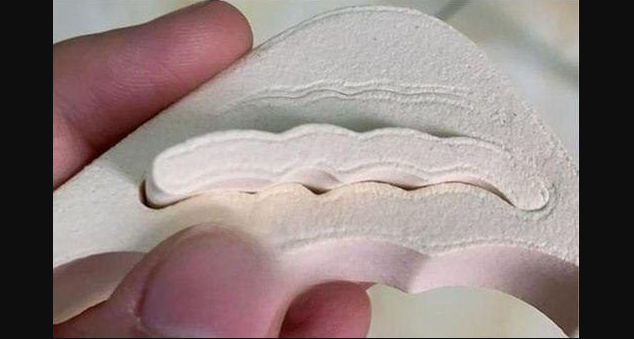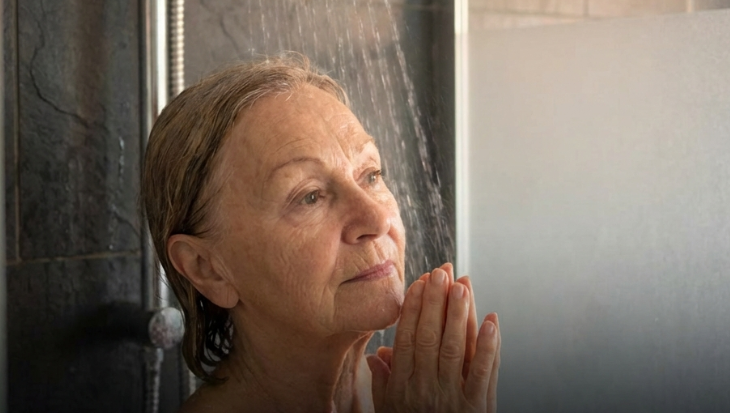My grandmother has always cherished her cast iron pans as if they were precious heirlooms. To her, these pans were far more than mere kitchen utensils—they were cherished members of the family, imbued with the essence of countless meals, shared laughter, and heartfelt stories passed down through generations. One sunny afternoon, eager to prepare dinner, I reached for one of her beloved skillets, confident that it could handle any recipe I chose to create.
As Grandma entered the kitchen, her eyes caught my actions, and a gentle smile mixed with surprise crossed her face. She shook her head lightly and said, “Not every dish belongs in a cast iron pan.” I chuckled initially, but her warm insistence prompted me to sit down as she shared her wisdom.
She explained that acidic ingredients, like tangy tomato sauces, could erode the carefully nurtured seasoning she had cultivated over years. Delicate fish might cling to the surface, breaking apart and creating a mess. Preparing desserts in the same pan used for savory dishes could introduce unwanted flavors, disrupting the harmony of the meal. Each misstep, she noted, could unravel the dedication she invested in maintaining the pan’s strength and readiness for future culinary creations.
Her words revealed a deeper truth beyond the act of cooking. It was about honoring the pan, respecting tradition, and valuing the effort required to preserve something meaningful over time. That cast iron skillet was more than a tool; it was a testament to the power of patience, care, and purpose in making everyday objects endure.
Now, each time I reach for her pan, I see more than a piece of cookware. I see Grandma’s wisdom, her teachings, and the love she poured into every dish. Her guidance serves as a reminder that, in both cooking and life, the things we hold dear demand care and respect to remain steadfast through the years.






